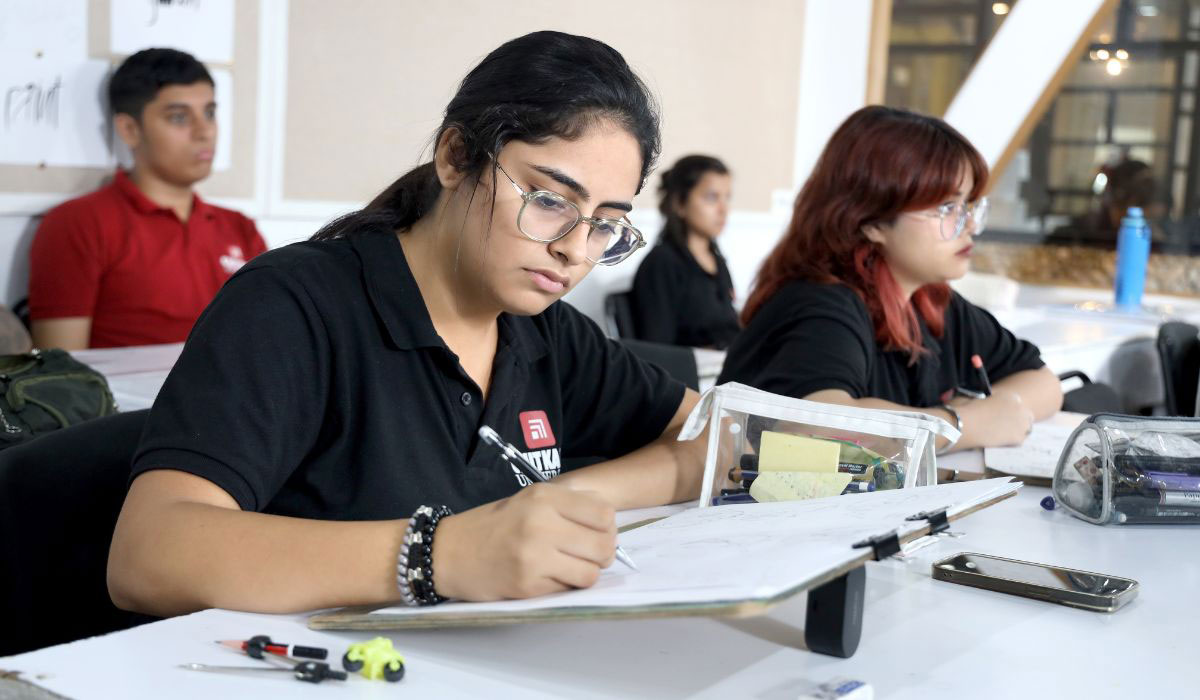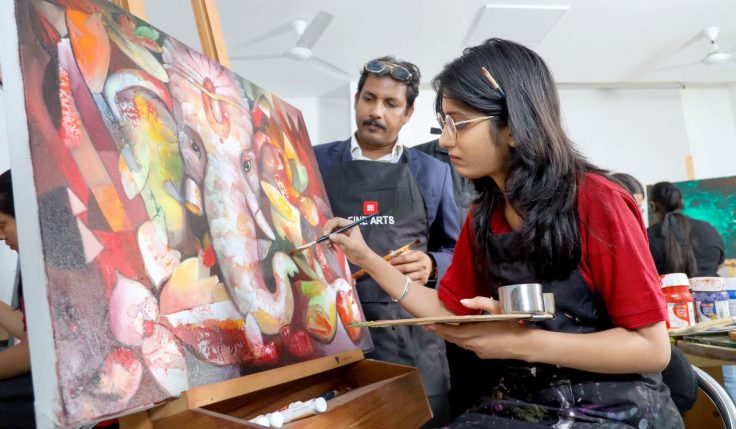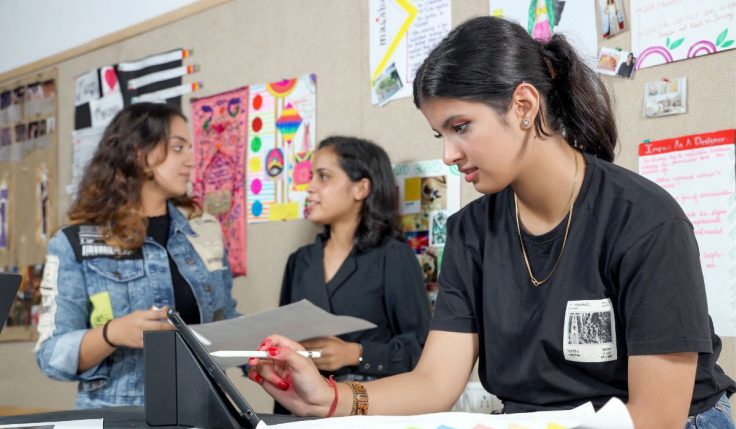Technology has completely changed the field of product design careers. This brings both challenges and opportunities for professionals in this industry. The use of AI, machine learning, virtual reality, and other advanced technologies means that designers now need to have a wide range of skills. In addition to traditional design principles, they also need to be skilled in using digital tools and platforms. It’s important for professionals in this field to keep learning and improving their skills as the industry evolves rapidly. Collaboration with different teams and having a good understanding of user experience are key factors for success in modern product design roles.
Introduction: the Evolution of Product Design Careers: Navigating Tech’s Impact
The way products are designed has changed a lot due to technology. In the past, designers used paper and pencils for sketching. Now, they use all kinds of tech tools like 3D modeling software and virtual reality programs that affect how they work. To succeed in this field today, you have to be comfortable with using technology.
Adapting to these changes means more than just knowing technical stuff—it’s about being open-minded and always ready to learn new things. Designers need to be quick at picking up new tools and technologies as they come out, staying on top of the latest advancements. By understanding how different technologies can improve their design process, professionals can lead the way in creating products that customers will love.
The Influence of Technology on Product Design: an Overview
Technology has completely changed how product design works. Now, creativity and innovation mix with digital tools and data analysis to create new and exciting things. In the past, designers only used pen and paper. But now, they use advanced software to bring their ideas to life in 3D, make quick prototypes, and test out user experiences before making a physical model. This combo of art and tech speeds up the design process while also helping teams work together better through instant communication on virtual platforms.
On top of that, artificial intelligence (AI) and machine learning have given product designers a powerful tool: consumer data. By using this info wisely, designers can customize products for specific groups of people who will love them.
Evolving Skillsets: Adapting to Digital Tools and Platforms
Technology is changing fast, and product designers need to keep learning new skills to succeed in today’s digital world. It’s essential for professionals in this field to embrace digital tools and platforms, not just as an option but as a must-do. Whether it’s becoming an expert in design software like Adobe Creative Suite or grasping user experience principles for mobile apps, staying on top of tech trends is key.
The tech landscape can be overwhelming, but it also offers exciting chances for growth and innovation. By getting good at prototyping with tools such as Sketch or Figma, designers can work more efficiently and collaborate better with different teams. Knowing coding languages like HTML, CSS, or JavaScript can also lead to diverse projects and improve communication between designers and developers.
As technology keeps merging with product design rapidly, pros should focus on always learning and adapting. Keeping up with new technologies like augmented reality (AR) or voice interfaces can make someone stand out in a competitive job market. By embracing these changes proactively instead of reacting later on them helps designers build successful careers where creativity meets technology effectively.
Continuous Learning: Staying Relevant in a Rapidly Changing Industry
In the fast-moving world of product design, you need to keep learning to stay ahead. As technology changes quickly, it’s important for professionals like us to keep up with ongoing education. Attending workshops, taking online courses, and going to industry conferences can help us learn about new trends and tools that will improve our skills and make us more competitive.
Cross-functional Collaboration: Enhancing Product Design Practices
In today’s fast-moving tech world, collaborating across departments has become increasingly important as products are becoming more complex and multifaceted. With technology evolving quickly and consumer preferences changing rapidly, it’s crucial for product designers to work closely with other teams throughout the development process. This ensures that all aspects – from how a design looks to its technical feasibility and market potential – are considered comprehensively right from the start.
User Experience Focus: Understanding the Key to Success in Modern Product Design
In today’s world of product design, understanding user experience is like having a detailed map in a vast digital landscape. It’s not just about making products that look good anymore; it’s about creating experiences that deeply connect with users. To thrive in this field, designers need to get inside the minds of their audience, anticipating their needs and desires before they even express them.
Embracing AI and Machine Learning: Leveraging Advanced Technologies in Product Design
In the world of product design, using AI and machine learning is like discovering a gold mine of possibilities. These advanced technologies have completely changed how we tackle design challenges, providing insights and solutions that were once beyond our wildest dreams. By utilizing AI algorithms to analyze huge amounts of data, designers can gain valuable information about consumer behavior, preferences, and trends. This helps them create products that not only look good but also work well and cater to specific user needs.
Additionally, machine learning algorithms can make the design process more efficient by automating repetitive tasks and coming up with new ideas based on past information. Embracing these technologies isn’t just about following trends; it’s about staying ahead in a fast-changing environment where creativity meets cutting-edge technology.
To summarise , being open-minded about new technology while continuously improving skills through learning is vital in today’s tech-driven realm of product design. Being flexible and mastering both traditional principles and cutting-edge tools sets pros up for success among the ever-changing demands of the industry. Remember that adaptability mixed with love for innovation will guide you through an exciting journey as technology shapes the evolution of product design careers.
Chitkara University’s B.Des in Product Design is a four-year program designed to meet the growing demand for skilled professionals in the field. It offers a holistic approach to design, empowering students to create functional, innovative, and impactful products. The curriculum covers a versatile skill set essential for success in product design, including creativity, strategic design thinking, technical skills, and digital proficiency. Emphasis is also placed on sustainability, ethical practices, and inclusivity, preparing students to navigate the complexities of the global market.
The program integrates professional development into its core, propelling students’ careers forward. Through hands-on internships, industry networking events, and design-oriented research projects, students gain a holistic education that prepares them for the competitive world of product design. Graduates are not only adept product designers but also agile professionals ready to tackle real-world challenges. The program emphasizes practical learning, with a focus on studio practice and a compulsory internship program that provides insights into industry trends and requirements.
Also, read this blog post: Future Trends in Product Design
Chitkara University‘s extensive global partner network offers students and staff opportunities for mobility, collaborative teaching, research, conferences, and practical training. The program also provides international opportunities, enhancing the prominence of Indian higher education as a field of study for students and academics worldwide. Overall, the B.Des in Product Design at Chitkara University prepares students to shape the future of innovation. It equips them with the skills, knowledge, and industry connections needed to succeed in a dynamic and evolving field, making it a top choice for aspiring product designers.






